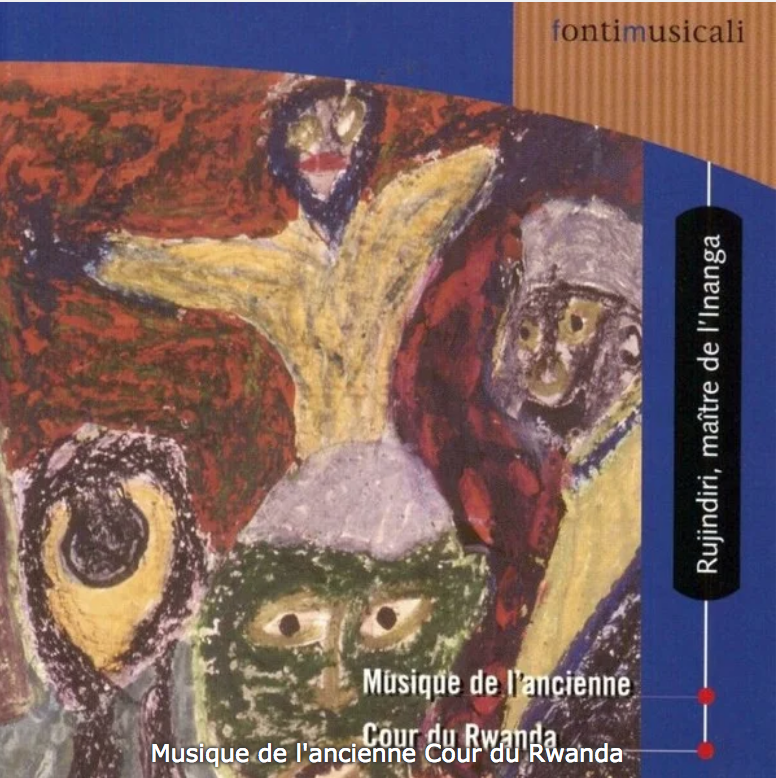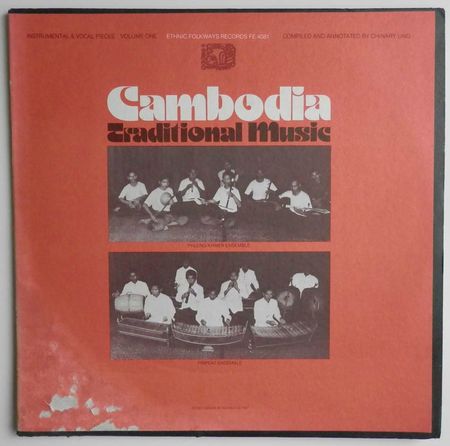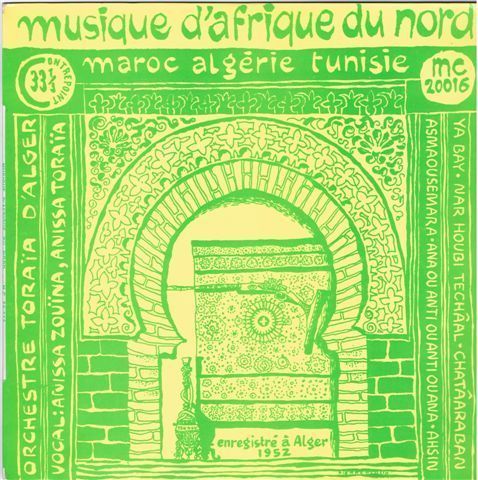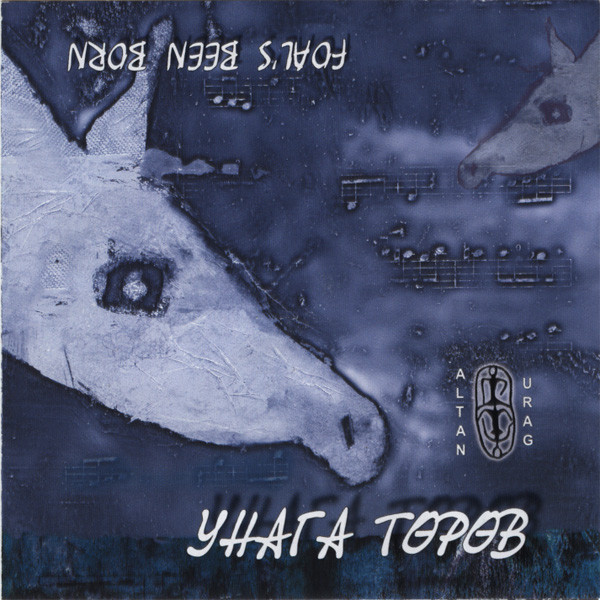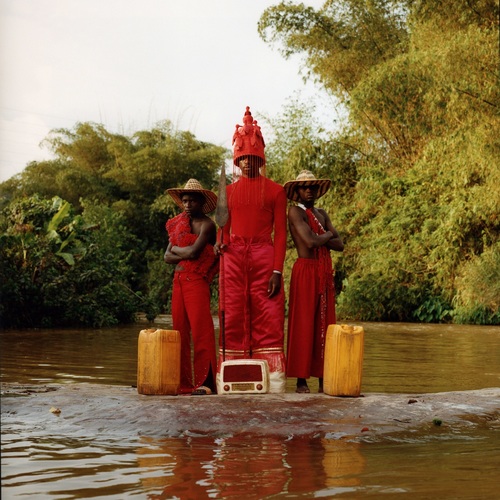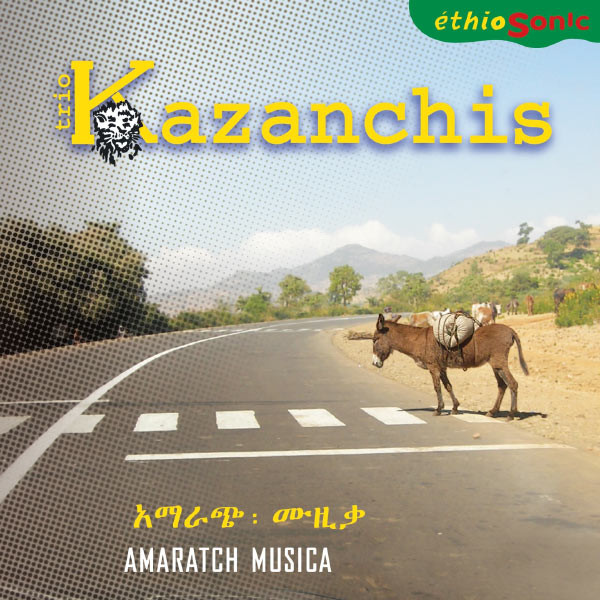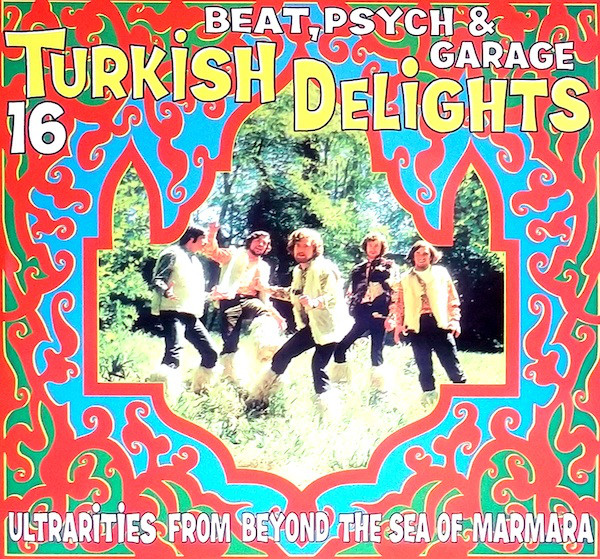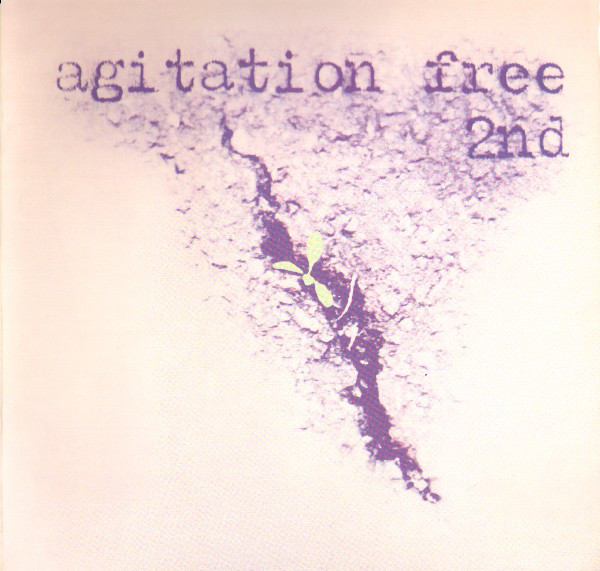Episode 22
Episode 22 originally posted on November 5, 2018.
Tracklisting:
01) “Nyangezi” by Bernard Rujindiri.
From the 1990 album Musique De L'ancienne Cour Du Rwanda.
Munanira I, Kigali, Rwanda
Bernard Rujindiri (who often just goes by the name “Rujindiri”) is a master of the inanga, “a traditional oval-shaped harp that is made out of wood with strings fastened at the edges and that are plucked to produce musical notes.”
02) “Krom Phleng Pinpeat” by Phleng Khmer & Pinpeat Ensembles.
From the 1978 album Cambodia, Traditional Music Volume 1.
Cambodia
Purchase the album at Amazon.
03) “Ya Bay” by Orchestre Thouraya d'Alger/Anissa Zouina/Anissa Thouraya.
From the 1952 album Musique d'Afrique du Nord.
Algiers.
Every once in a while we come across an artist or album that we just can’t find out much information for. The Facebook page for this album includes the helpful information: “Recorded in Algiers in 1952” but we can’t seem to find out much more about it than that; either the artist or the album. Do you have any helpful information?
Purchase the album at Bandcamp.
04) “Native Mongolia” by Altan Urag.
From the 2004 album Foal's Been Born.
Ulaanbaatar, Mongolia.
Altan Urag is a Mongolian band fusing contemporary and traditional elements into something unique. The Wikipedias give further insight: “The members of the band have all been trained in classical Mongolian music, and typically perform with the morin khuur (horse head fiddle), ikh khuur (grand horse head fiddle), bishguur (traditional horn) and yoochin (a type of hammered dulcimer), as well as incorporating khöömii (throat singing) and long song into the vocals.”
05) “Hanoii” by Petite Noir.
From the 2018 album La Maison Noir / The Black House.
South Africa.
South African artist Yannick Ilunga has dubbed his own music as “noirwave,” which seems to be as good a descriptor as any. Ilunga explains: “Noirwave is more than just a sound,” he explained in 2015, “it’s a progressive social movement that's rapidly breaking out of the pan-African underground, emerging in the creative output of inspiring minds from across the globe.”
06) “Ayne Hulgize Yesasaleshal” by Trio Kazanchis.
From the 2012 album Amaratch Musica.
Addis Ababa, Ethiopia.
The group describes its sound as: “Ethiopian Traditional Impro Punk.” The group’s website gives some background information:
It was in December 2008 that bandleader Jeroen Visser found himself jamming with Mesele Asmamaw (Ethiopia) and Fabien Duscombs (France) in various venues in the music Mecca of Addis Ababa, the district of Kazanchis.
It seems fitting that they would find each other in the music clubs of the very historical and cultural district where most legends of Ethiopian music played and where some of them run music venues today. The inescapable electricity that flowed between them whilst jamming led to the formation of Trio Kazanchis, an ode to the district that has brought and continues to bring many musicians and dancers together.
07) “Derule” by Barış Manço.
From the 2001 complitaion Turkish Delights: 26 Beat, Psych & Garage Ultrarities from Beyond the Sea of Marmara.
Istanbul, Turkey.
As you well know if you’ve heard more than one of our episodes or browsed the website descriptions, we are big fans of international music compilations as a great way to find new music. Turkish Delights is a great one. Barış Manço, was a Turkish rock musician, singer, songwriter, composer, actor, television producer and television host. This particular compilation features Turkish rock groups from the 1960s and 70s, highlighting the early and classic 1966-77 rock periods in Turkey. Someone sent us a digital copy, and unfortunately, we are not finding any purchase information for this compilation outside of eBay.
08) “In The Silence Of The Morning Sunrise” by Agitation Free.
From the 1973 album 2nd.
Germany.
Though not as well-known as some of their counter-parts, Agitation Free were a vital part of what would become known as Krautrock, losing members to such key outfits as: Guru Guru and Tangerine Dream. According to Allmusic:
The German avant-garde rock band Agitation Free formed in 1967 and featured founding members bassist/keyboardist Michael Gunther and guitarist/keyboardist Lutz Ulbrich. Originally known as the Agitation -- a name picked at random from the dictionary -- the group added "free" to their name a year later, inspired by a free concert they performed.
Purchase the group’s music at Amazon.
Check out the ongoing interactive map. Check out other episodes here. To switch between episodes, use the little window/toggle thing in the upper left corner. This week’s artists are represented by purple map-points.


